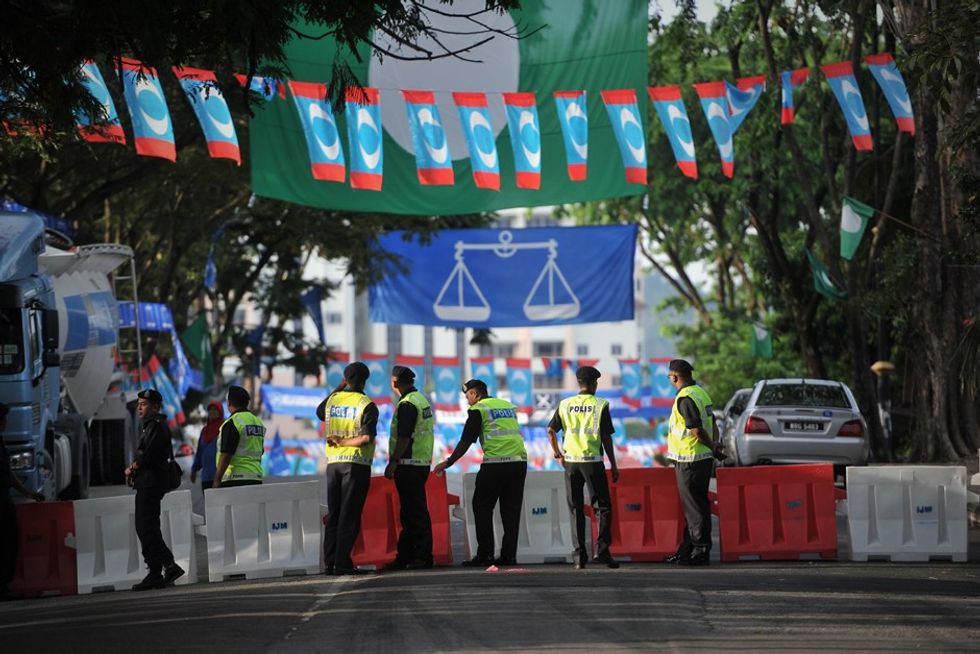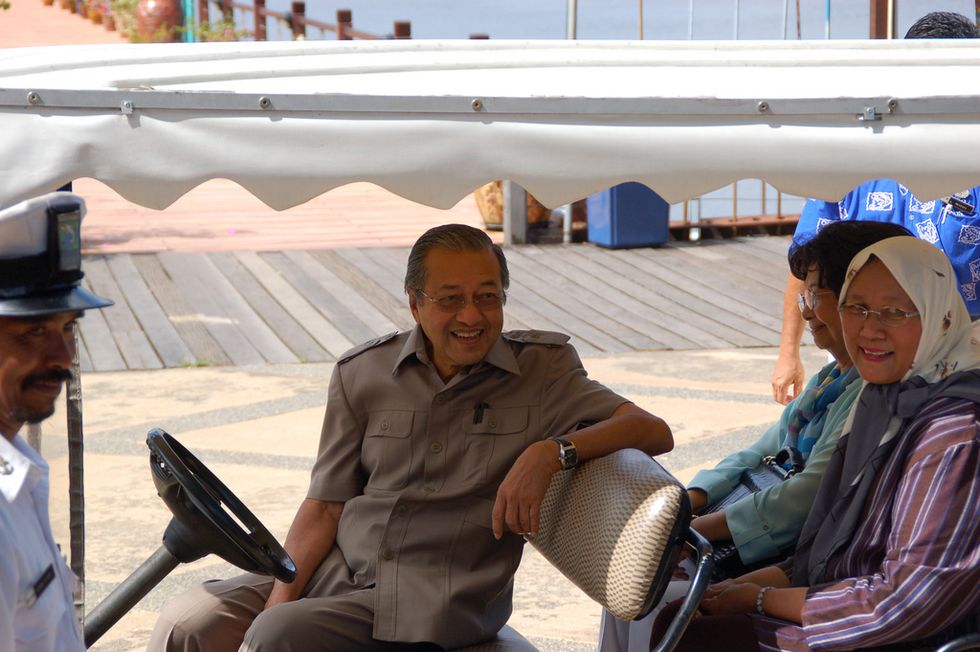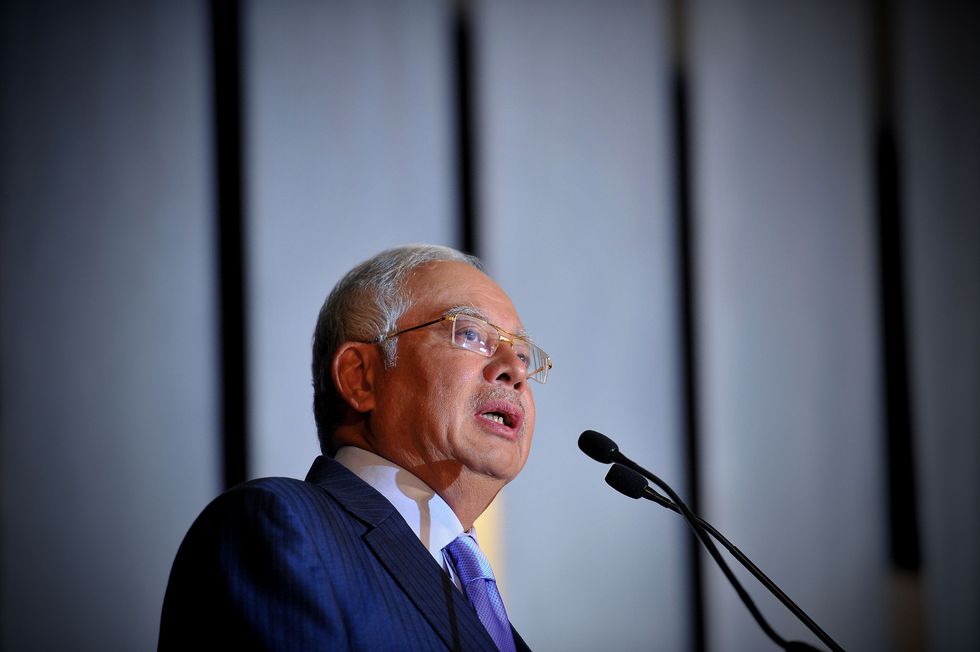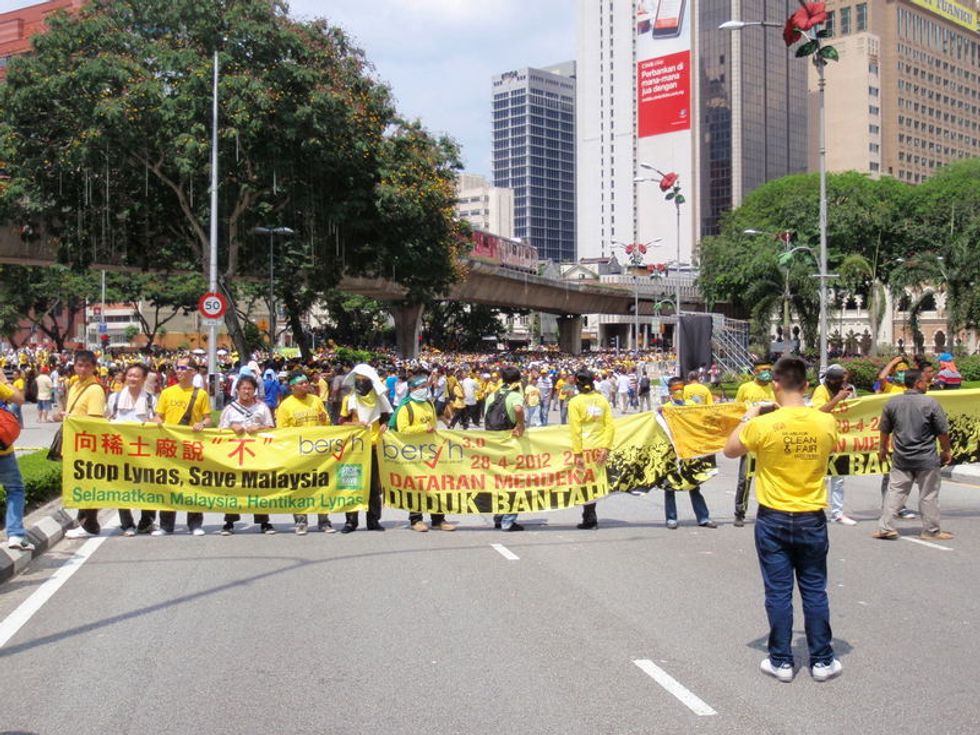The 2018 elections in Malaysia marked a dramatic shift in the political system for the Southeast Asian country. At around 3 o’clock in the morning of the 9th of May, Tun Dr Mohammad Mahathir, the longest serving PM in Malaysian history, made history by being re-elected at age 92. Dr M, as he is affectionally known by the Malaysian public, campaigned against the now ex-PM, Najib Razak, who hailed from the party Barisan Nasional, a party Dr M was once the leader of. The shift has been hailed as a political earthquake, as since the first time since its independence around 60 years ago, Barisan Nasional is no longer the ruling party. But how did Malaysia go from a semi-democracy with one ruling party, to electing the opposition which was muffled from day one?
Datuk Seri Anwar Ibrahim
Dr M swayed the populace by joining forces with the charismatic Datuk Seri Anwar Ibrahim, who was in the past the Deputy Prime Minister to Dr M. But in 1998, he was dismissed by Dr M, an act that would mark a tense political rivalry between the two. The rivalry stems from the 1997 Financial Crisis in Asia, which had the Malaysian economy caught up in the chaos, and over how the government would deal with the fallout. As a result, Anwar was sacked and later jailed under charges of abuse of power and cronyism.
The charges were followed by charges of corruption, as Anwar allegedly attempted to interfere with a police investigation into sexual misconduct charges against him - with the charges coming from two men (sodomy was illegal, and still remains so, as the country has yet to reverse colonial-era laws on it). He was later charged with sodomy in 2000, and his jail term was lengthened by nine more years. In 2008, after completing his sentence and a five-year restriction to participating in politics, he was elected back into Parliament, but once again landed back in jail under sodomy laws. The charges placed on Anwar are popularly believed to be pretexts conjured up by the ruling party to keep Anwar out of politics, due to his differences in ideas and political beliefs. Well, it seems that their fears were justified, as from the confines of metal bars - Anwar was able to persuade his supporters to stand by his and Dr.M’s “New Hope” party, turning the tides in Malaysia.
Anwar was released on the 17th of May, and was given a pardon by the current Sultan of Malaysia, and will soon make his re-entrance to political life. It is planned that Mahathir will rule the country for two years, before handing the reigns back to Anwar.
1MDB - The scandal of the century
In 2015, the Malaysian government - led by Najib Razak, was thrusted into the international spotlight when the state sovereign fund, 1MDB, set up by Razak was targeted with a lawsuit by the U.S. States Department of Justice (DOJ) for the misappropriation of funds meant for the development of Malaysia’s economy. The scandal ties in at least 10 countries, including the U.K., the U.S., Switzerland, Australia and Singapore, and was described by the then U.S. Attorney General, Loretta Lynch as the “largest kleptocracy case” in American history. Prosecutors alleged that more than $3.2 billion in assets were misused, directed into the personal accounts of several key individuals. One of them being, the Prime Minister himself, who had close to a whopping $700 million in his account, which he at the time claimed was from “donations” from Saudi Arabia’s Royal Family. How does the DOJ allege the money was spent? Here’s the breakdown:
- a luxury yacht;
- several pieces of real estate in New York City and Beverly Hills;
- $8 million worth of jewellery which was given to Miranda Kerr;
- A painting by Picasso which was later gifted to Leonardo Dicaprio;
- But perhaps the most ironic, the money was traced all the way to the movie set of “The Wolf of Wallstreet”, a movie also about a huge scandal revolving around money
However, despite the mounting international and domestic pressure on Malaysia, things went on as usual. With Razak exerting his political power to shut down the local investigations into the scandal, and by oppressing politicians who questioned him, for example, once deputy prime minister under Razak Muhyiddin Yassin. Newspapers who had criticised Razak were temporarily suspended from operating, several lobbyists against Razak were also detained and later released, and opposition MPs were kept under tight supervision with travel bans placed on them. The attorney general, Gani Patail, was also replaced by a loyal member of Razak’s inner circle, Mohamed Apandi Ali, who, with haste, closed the probe into the “donations” and exonerated Razak.
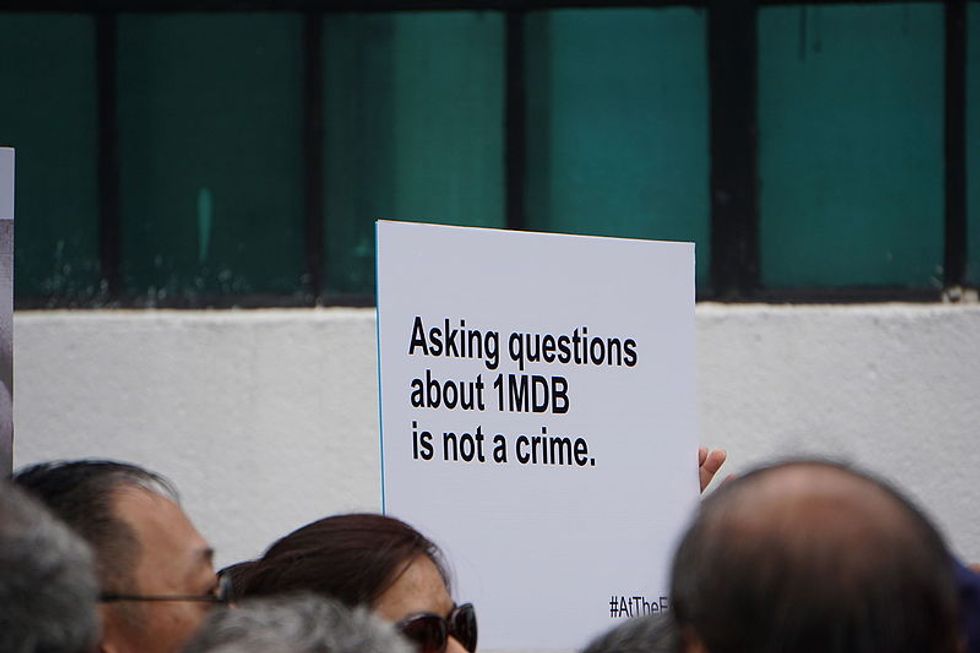
However, Razak’s tumbled house of cards was trampled on by police on the 17th of May as they proceed to raid Razak’s home and fling the case wide open again. Condominiums under Razak’s name and the prime ministerial office were also raided to find documents linking to the 1MDB scandal. Razak has also been kept from fleeing Malaysia when Mahatir placed a travel ban on him and his wife, Rosmah Mansor. The new PM has reinstated his pledge to bring all those involved in this scandal to justice.
Dissatisfaction of the people
Malaysia is still very much a developing economy, but its economy shows many signs of volatility, coupled with a weak currency. In order to restore strength to the economy, Razak, in 2015, introduced a Goods & Services Tax (GST) meant to enhance revenues. The tax was widely lauded by the international community as it showed a potential of helping Malaysia to wean off it's over-reliance on oil revenues. However, the tax was widely unpopular amongst the populace. While introduced as a form of government assistance, the tax led to the growing cost of living in the cities, which was only aggravated by a slow growth in wages.
The rising cost of living and government mismanagement and distrust has even managed to turn many ethnic Malay, especially the rural poor, away from Razak, whose party depended on them to keep them in power.
To understand the significance of this change in voter pattern, one must concentrate on the demographics, and the policies long followed by the country.
Malaysia is a majority Malay country, the Malays are hailed as “Bumiputera” or “sons of the soil”, who makes up about 60% of the population. Meanwhile, the Chinese-Malaysian population makes up around 20% of the countrymen, with Indian-Malaysians following as the third largest group with 6% of the pie.
Malaysia’s economy has generally been led by the New Economic Policy, which has been in place effectively since the 1970s. It is a race-based affirmative action program aimed at redistributing the wealth more equally between the affluent Chinese, to the majority Bumiputeras who had a very small share of the economic wealth. This afforded the Bumiputera access to government aid, which included easy entry to local universities, scholarships, employment in the public sector, and special government tenders. However, despite the increase of economic wealth amongst the Bumiputera, the policy has been hailed as a failure.
Firstly, there is often questions of who the assistance actually helps within the Bumiputera group itself. It is often the Elite Malays with political connections who secured the most contracts and awards, not the rural poor than the plan claimed to be geared at. Besides that, the non-Bumiputera population (mostly comprising of ethnic Chinese and Indian citizens) were relegated to second-class citizens. Many brilliant students unable to attend local institutions due to the institutionalized quota system. This led to a brain drain of non-Malay students having to go overseas to attain the education they deserved, and in most cases, these students do not return to Malaysia. Thirdly, a report by the OECD outlined that the economic policy has blocked innovation. By hindering students from entering tertiary institutions, based on race, the country hindered its own ability to fully develop their working population.
The Future?
But, perhaps, the most important thing to come out of the election is hope. Hope that maybe the Malaysian people are ready to fight for the better, as one people, instead of divide factions. The future, however, is still in the dark. There are no certainties ahead because the path we forge through would be one of the unknowns and new beginnings.


